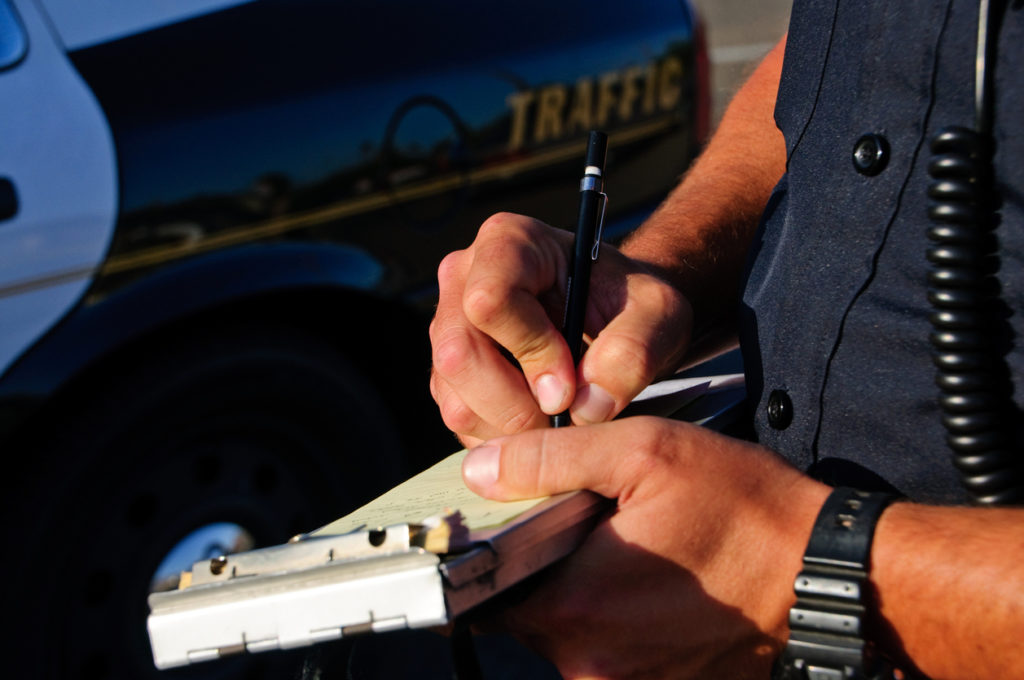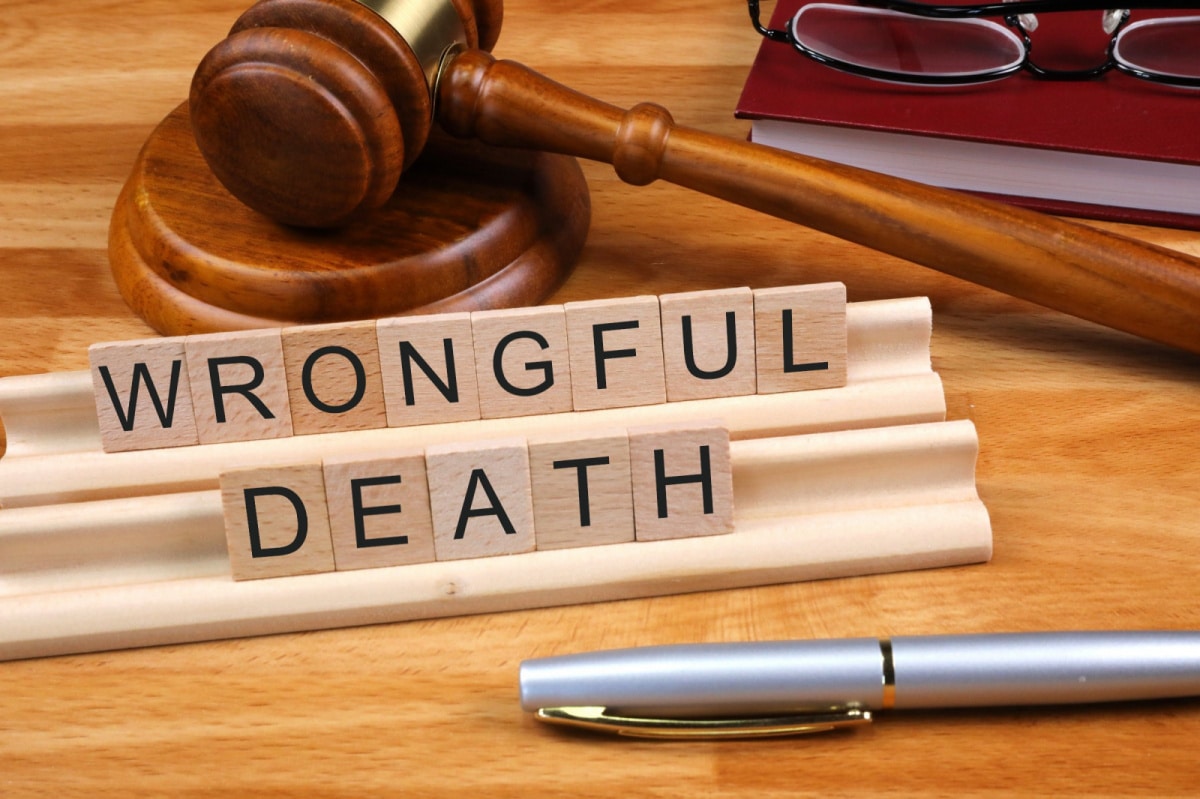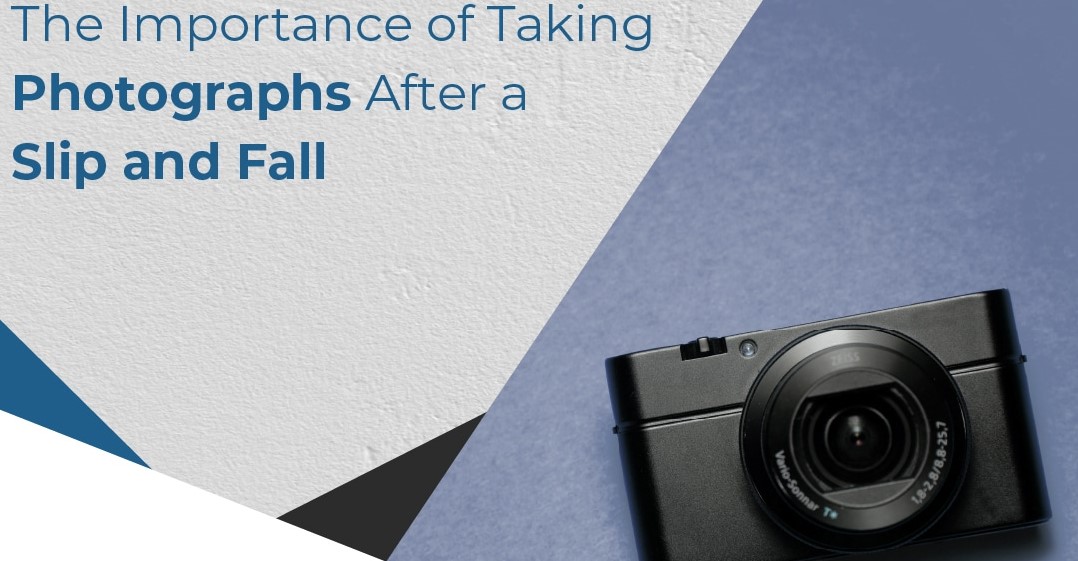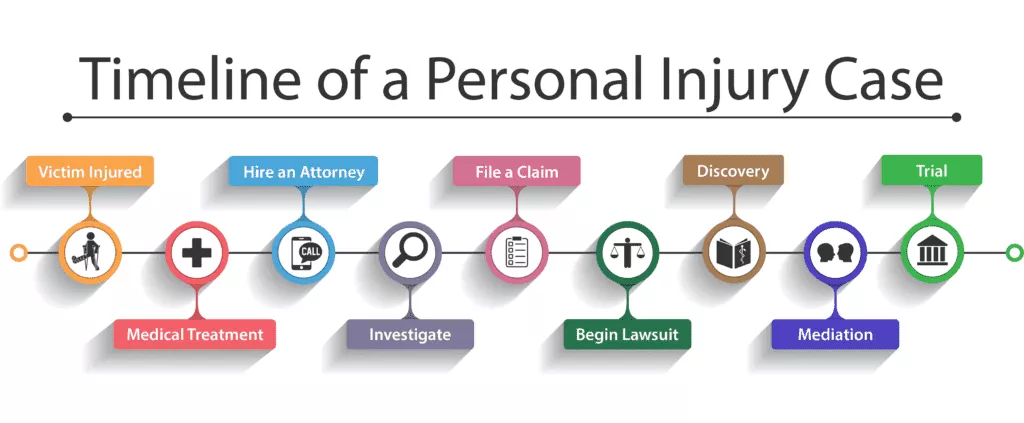
When you pursue a personal injury claim against another driver after an accident, you are claiming that this other driver is at fault for the accident, and therefore caused the damage and injuries you suffered as a result. Therefore, in order to be successful in your personal injury claim, you first need to prove (through evidence) that the other driver was at fault for the accident. The question this blog will answer is how traffic and/or criminal charges placed against another driver can help you prove they are at fault for an accident, and how these can be used as part of your personal injury action. This is especially true in provinces like Alberta that have At Fault insurance legislation.
Continue reading “TRAFFIC OFFENCES AND YOUR PERSONAL INJURY CLAIM”







